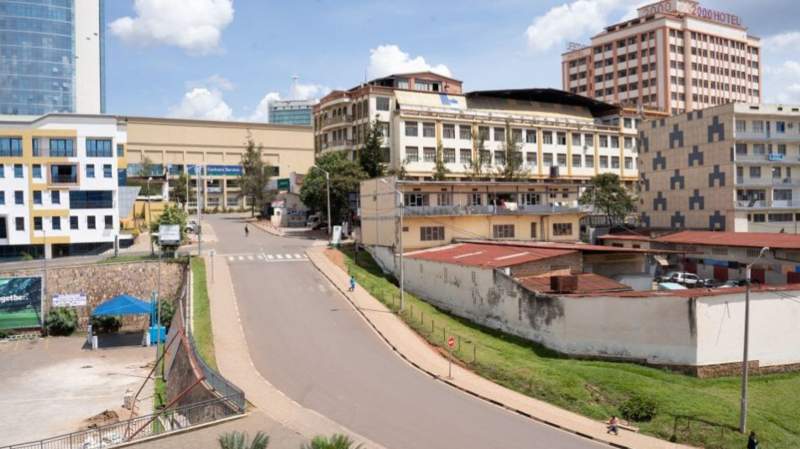The outbreak of the coronavirus has virtually crippled many economies and brought the world to a standstill.
Health experts are struggling to save lives of patients and in many countries their headache is reducing the rate of spread.
Hospitals are overwhelmed and the pressure on facilities means people are dying and there is simply nothing that can be done to help them.
One major measure countries are taking is locking down or restricting movement of people.
In Africa a lot of countries are locking down or enforcing curfew to keep people indoor and reduce the spread of the disease.
That policy hasn’t been exciting to many citizens who want their freedom to move.
Such individuals fear they would be badly hit since not going out to work means no means of feeding their families.
Lockdown helps to buy time
But researchers say the lockdown over covid-19 which started in the Chinese city of Wuhan brought the COVID-19 epidemic crashing to a halt.
The lockdown according to researchers did give health systems an important breathing space to deal with serious cases.
Just like the Chinese authorities did in closing schools and shutting business operations, such measures are already in place in Africa.
The Chinese lesson showed that a lockdown confined millions of people to their homes sending the numbers of new cases tumbling.
Globally at least three billion people have been advised to stay at home due to the pandemic.
A study published in The Lancet Public Health said the rest of the world can learn from Wuhan and lockdown to help health workers deal with cases.
In this new study researchers developed a model to estimate the impact that school and business closures had on COVID-19 transmission rates.
They used data on how often people interact and where.
The study compared three separate scenarios: no intervention and no holiday travel; no physical distancing and normal holiday travel; and school closures with only key workers at work.
Early forms of restrictions helpful
They found that intervention in form of school and business closures had a significant impact in reducing new cases.
This crucially helped in buying vital time for health systems to process the spike in cases.
The team of researchers also predicted that the impact of lifting control measures.
Their models suggested that waiting until April to lift social distancing would reduce total infections by a quarter.
They also believe this would also delay a second peak of the virus from August to October which will again buy health workers vital time.
Lead author, Kiesha Prem from the London School of Hygiene and Tropical Medicine said “The unprecedented measures the city of Wuhan has put in place to reduce social contacts in school and the workplace have helped to control the outbreak.”
Prem said “However, the city now needs to be really careful to avoid prematurely lifting physical distancing measures, because that could lead to an earlier secondary peak in cases. But if they relax the restrictions gradually, this is likely to both delay and flatten the peak.”
Africa has now recorded over 2,810 coronavirus cases across over 46 countries as rate of spread continues to increase.
Source: Africafeeds.com


